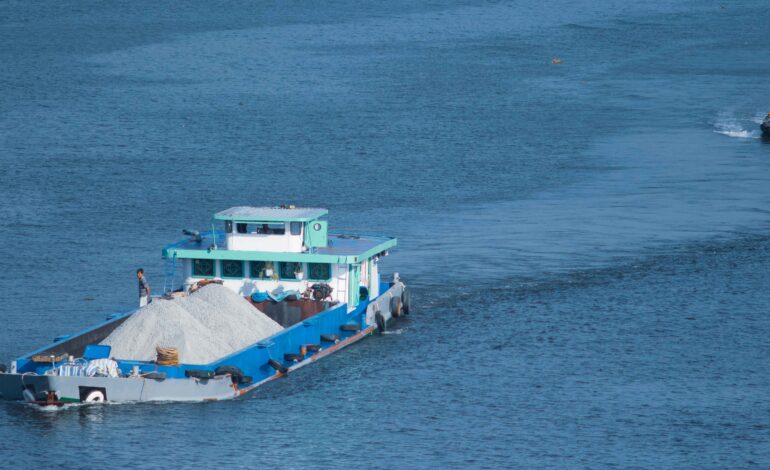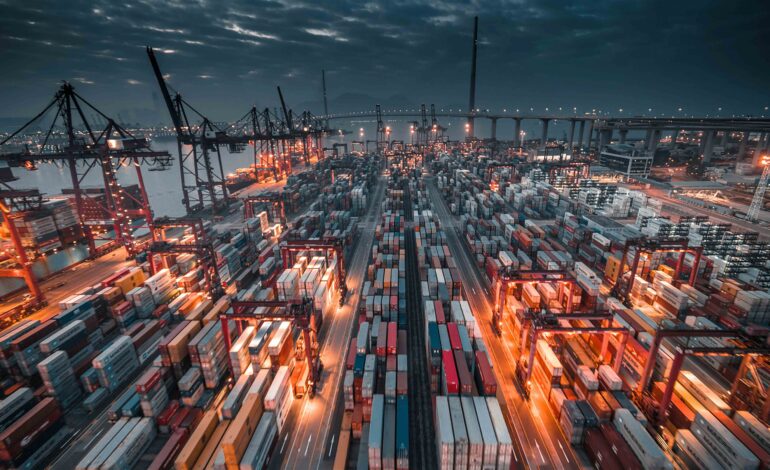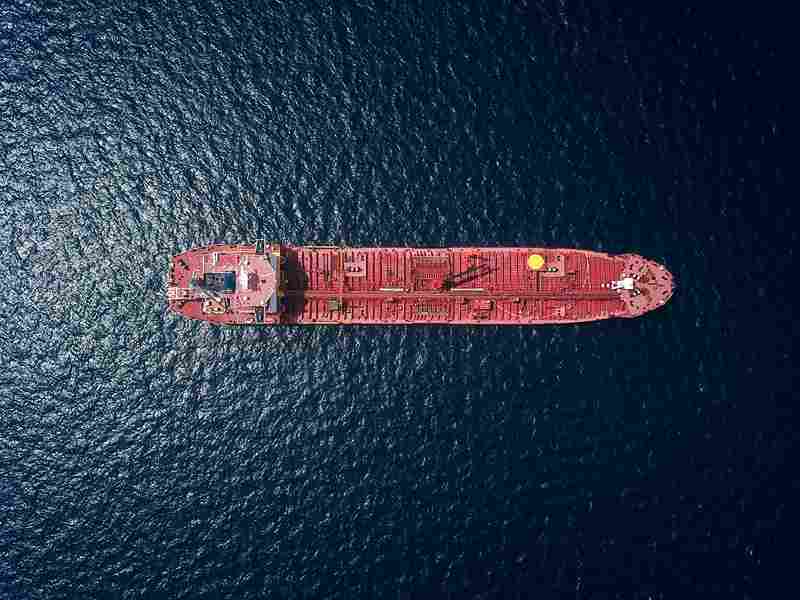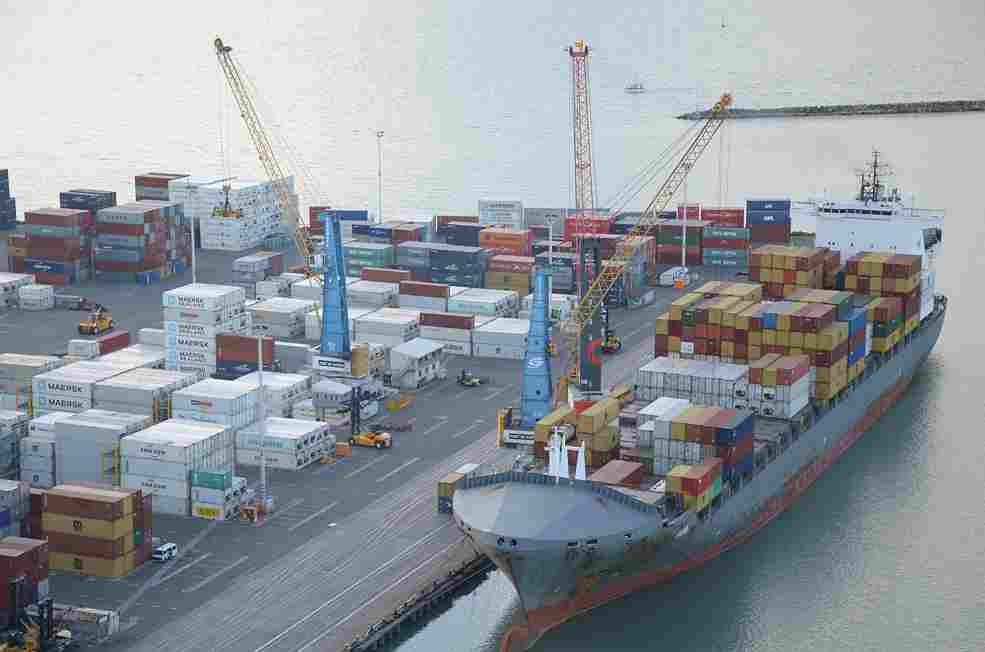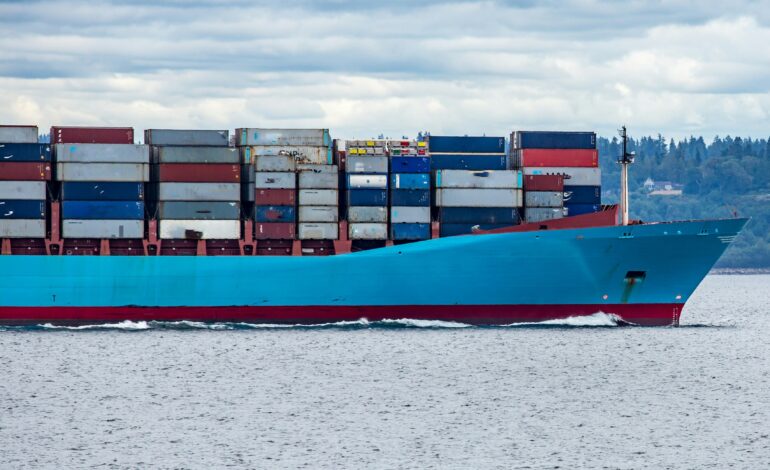
Life Extension Strategies for Aging Ships Using Modern Bunker Fuels
Introduction
In the maritime industry, aging ships present unique challenges related to efficiency, emissions compliance, and operational costs. Modern bunker fuels play a crucial role in extending the operational life of these vessels by addressing key concerns such as fuel efficiency, emissions reduction, and compliance with increasingly stringent environmental regulations. This article explores various life extension strategies for aging ships through the adoption of modern bunker fuels, highlighting their benefits, challenges, and technological advancements driving their implementation.
Challenges of Aging Ships
Efficiency Losses
- Fuel Consumption: Older ships may have higher fuel consumption due to outdated engine technology and hull fouling.
- Maintenance Costs: Increasing maintenance requirements and downtime due to wear and tear on engines and hulls.
- Environmental Compliance: Struggling to meet modern emissions standards, particularly with high-sulfur fuels.
Operational Risks
- Reliability Issues: Increased risk of breakdowns and mechanical failures affecting operational schedules.
- Safety Concerns: Aging equipment and infrastructure pose safety risks to crew and cargo.
Economic Viability
- Competitive Edge: Maintaining competitiveness in a global market with newer, more efficient vessels.
- Resale Value: Depreciation and limited resale value due to outdated technology and compliance issues.
Role of Modern Bunker Fuels
Characteristics of Modern Bunker Fuels
- Low-Sulfur Fuels: Compliance with IMO regulations, such as the IMO 2020 sulfur cap, using fuels with reduced sulfur content.
- Alternative Fuels: Adoption of LNG, biofuels, and other cleaner alternatives to traditional bunker fuels.
- Fuel Additives: Use of additives to enhance fuel stability, combustion efficiency, and reduce emissions.
Benefits for Aging Ships
- Improved Efficiency: Modern fuels optimize combustion processes, reducing fuel consumption and operational costs.
- Emissions Reduction: Lower emissions of sulfur oxides (SOx), nitrogen oxides (NOx), and particulate matter, meeting stringent environmental regulations.
- Extended Engine Life: Cleaner fuels reduce wear and tear on engine components, prolonging operational life.
- Enhanced Reliability: Reduced risk of fuel-related breakdowns and improved overall vessel reliability.
Life Extension Strategies
Fuel System Upgrades
- Fuel Compatibility: Ensure compatibility with engine systems and conduct thorough compatibility tests before fuel conversion.
- Fuel Heating Systems: Upgrade heating systems to manage viscosity and maintain fuel fluidity, particularly for heavier fuels.
Retrofitting Technologies
- Exhaust Gas Cleaning Systems (EGCS): Installation of scrubbers to reduce sulfur emissions from high-sulfur fuels.
- Selective Catalytic Reduction (SCR): Adoption of SCR systems to reduce NOx emissions, improving compliance and operational efficiency.
Operational Optimization
- Fuel Management Plans: Develop comprehensive fuel management strategies to optimize fuel consumption and minimize waste.
- Maintenance Regimes: Implement proactive maintenance schedules to address aging-related issues and prevent costly repairs.
Technological Advancements
Advanced Engine Designs
- Dual-Fuel Engines: Retrofitting or replacing engines to operate on both traditional fuels and LNG, offering flexibility and emissions benefits.
- High-Efficiency Propulsion Systems: Adoption of modern propulsion technologies to improve fuel efficiency and reduce environmental impact.
Digitalization and Monitoring
- Real-Time Monitoring: Implementing IoT and sensor technologies for real-time monitoring of fuel quality, consumption rates, and engine performance.
- Data Analytics: Utilizing big data analytics to optimize vessel operations, predict maintenance needs, and improve fuel efficiency.
Case Studies
Retrofitting with LNG
- Vessel Type: Container ship nearing the end of its operational life.
- Conversion: Retrofitting to use LNG as a primary fuel source.
- Results: Significant reduction in emissions, improved fuel efficiency, and extended operational life with enhanced market competitiveness.
Scrubber Installation
- Vessel Type: Bulk carrier operating in sulfur emission control areas (SECAs).
- Installation: Retrofitting with EGCS to comply with IMO sulfur regulations.
- Outcomes: Compliance with emissions standards, reduced operational costs, and prolonged service life.
Fuel Additives Application
- Vessel Type: Tanker facing challenges with fuel stability and engine performance.
- Application: Incorporation of fuel additives to enhance stability and combustion efficiency.
- Benefits: Improved fuel quality, reduced maintenance costs, and extended engine life.
Future Trends
Green Technologies
- Hydrogen and Ammonia: Exploration of hydrogen and ammonia as future marine fuels, offering zero-emission alternatives.
- Electric Propulsion: Development of electric and hybrid propulsion systems for reduced environmental impact.
Regulatory Landscape
- Carbon Intensity Regulations: Anticipating future regulations focusing on carbon intensity reduction, influencing fuel choices and vessel operations.
- Global Compliance: Continued adherence to international regulations and standards, driving innovation in fuel technology and vessel design.
Sustainability Initiatives
- Circular Economy: Integration of circular economy principles into ship design and operations, promoting resource efficiency and waste reduction.
- Industry Collaboration: Collaborative efforts among stakeholders to develop sustainable solutions and technologies for the maritime sector.
Conclusion
Modern bunker fuels offer a pathway to extend the operational life of aging ships by enhancing efficiency, reducing emissions, and ensuring compliance with environmental regulations. Through strategic fuel system upgrades, retrofitting with advanced technologies, and operational optimization, shipowners and operators can mitigate the challenges associated with aging fleets while improving economic viability and sustainability. As technological advancements continue and regulatory frameworks evolve, adopting modern bunker fuels will remain crucial for maintaining competitiveness and achieving long-term operational success in the maritime industry.

